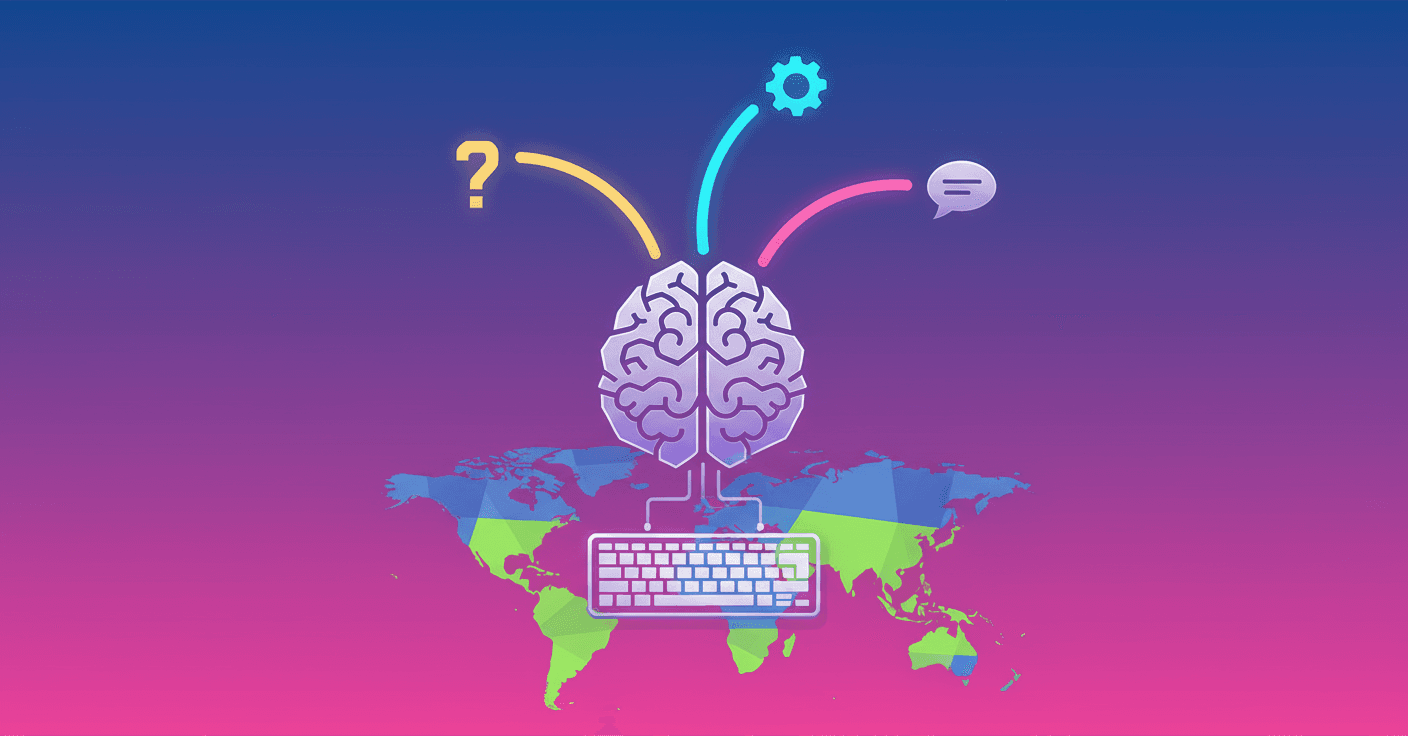OpenAI published the largest study to date on how people use ChatGPT. What do the data reveal when you look at 1.5 million conversations and hundreds of millions of users? The answer isn’t futuristic: it’s everyday and economic. (openai.com)
Who uses ChatGPT
Adoption has become much broader and more diverse. What started as a user base that was mostly male has evened out: between January 2024 and July 2025 the share of typically female names among users went from 37% to 52%. That suggests the initial demographic gaps are shrinking. (openai.com)
Also notable is growth in low- and middle-income countries: through May 2025 adoption rates in lower-income countries grew more than four times compared to higher-income countries, showing a global expansion that isn’t just about rich markets. (openai.com)
What they use it for
ChatGPT use is, above all, practical. Three topics cover almost 80% of conversations: Practical Guidance (personalized advice and plans), Seeking Information (looking up facts) and Writing (drafting and editing). In short, people use the tool to solve concrete problems, get informed, and produce text. (cdn.openai.com)
The researchers classify interactions into three types: Asking (asking), Doing (doing tasks) and Expressing (expressing). Together, roughly 49% of messages are Asking, 40% Doing and 11% Expressing. That shows many people value ChatGPT as an advisor, not just a text generator. (cdn.openai.com)
How it impacts work and everyday life
Use has two sides: productivity at work and value in daily life. About 30% of consumer use is work-related and roughly 70% is non-work, and both shares have grown over time. That means AI isn’t only changing work tasks; it’s also transforming personal activities that previously didn’t show up in traditional economic accounts. (openai.com)
At work, writing dominates: about 40% of work-related messages are writing tasks, often to edit or improve existing text. Interestingly, programming is a small fraction of the total (just over 4% of messages), so the story that ChatGPT is only for coding doesn’t hold up against these numbers. (cdn.openai.com)
A central point of the study: ChatGPT creates value mainly as support for decision-making and information search, especially in knowledge-intensive jobs. (cdn.openai.com)
What this means for you (worker, student or entrepreneur)
-
If you work with information or communication, ChatGPT can save you real time on writing, summaries and idea generation. Try it to polish an email, structure a report or create drafts you then refine.
-
If you study, use it as a tutor to clarify concepts and practice explanations. The study shows educational and tutoring use is relevant and growing. (cdn.openai.com)
-
If you’re an entrepreneur or content creator, think of AI as a co-pilot: it helps you make decisions, explore options and automate repetitive steps, but human oversight remains key for quality and ethics.
What questions remain open?
The data are compelling but they don’t tell the whole story. How will this affect wages, professional training and public policy? What ethical and regulatory limits are necessary when adoption grows so fast in countries with fewer resources? The study provides a basis to answer these questions, but answers will require more research and public debate. (cdn.openai.com)
If you want the technical details, methods and robustness checks, you can read the full PDF study. (cdn.openai.com)
Think of this as a snapshot of 2025: AI stopped being niche and became an everyday tool. Are the questions now about scale and policy, or about how you use it today to improve what you do tomorrow?
